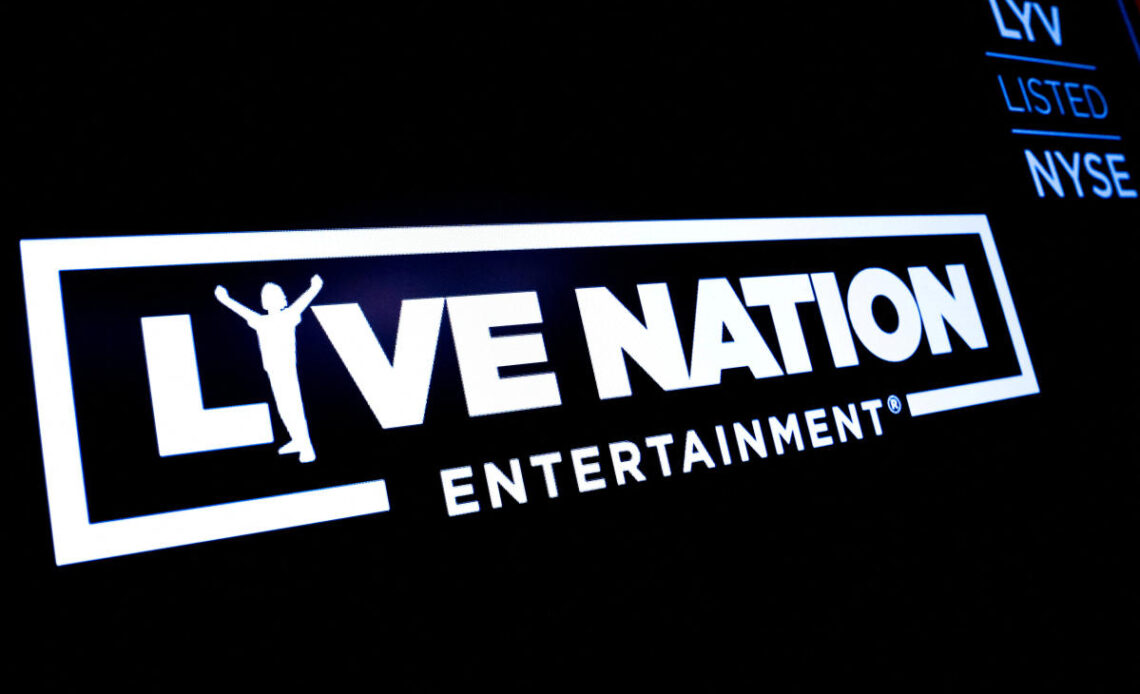The Justice Department and 30 state and district attorneys general are to break up owner . They claim in an antitrust suit filed in the Southern District of New York that the company has created an unlawful monopoly over the live entertainment industry. The suit argues that Live Nation has harmed fans, promoters and artists as its dominance has led to imposing higher ticket prices while stifling innovation and competition.
Live Nation owns and/or operates many venues and festivals. It also sells tickets to concerts and festivals, and manages many of the artists who play at them.
“We allege that Live Nation relies on unlawful, anticompetitive conduct to exercise its monopolistic control over the live events industry in the United States at the cost of fans, artists, smaller promoters and venue operators,” Attorney General Merrick Garland . “The result is that fans pay more in fees, artists have fewer opportunities to play concerts, smaller promoters get squeezed out and venues have fewer real choices for ticketing services. It is time to break up Live Nation-Ticketmaster.”
It was reported back in 2022 amid Ticketmaster’s struggle to handle overwhelming demand for Taylor Swift’s The Eras Tour that the DOJ had been investigating . The Swift ticket debacle prompted a Senate antitrust hearing.
The DOJ claims that Live Nation established a dominant position by pushing artists to use its services and threatening possible competitors in the live music promotion space. The company is also accused of locking venues into long, exclusive contracts that prevent them from using alternative (and perhaps less expensive) ticketing platforms. The Justice Department Live Nation handles about 60 percent of concert promotions at major venues in the US, as well as approximately 80 percent of primary ticketing at major concert venues.
According to the lawsuit, Live Nation sought to lock out competitors and protect its so-called “flywheel” model. The DOJ describes this as a “self-reinforcing business model that captures fees and revenue from concert fans and sponsorship, uses that revenue to lock up artists to exclusive promotion deals, and then uses its powerful cache of live content to sign venues into long term exclusive ticketing deals, thereby starting the cycle all over again.”
A merger of Live Nation and Ticketmaster got the green light from the DOJ in 2010, but the deal was subject to some conditions. After the Justice Department found in 2019 that Live Nation…

